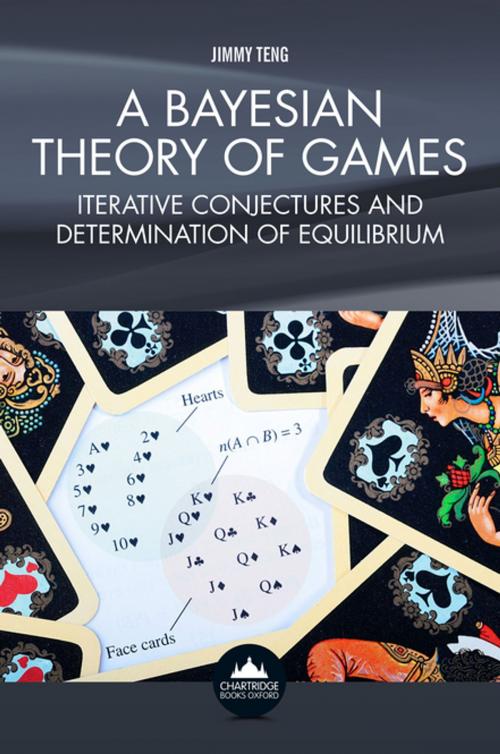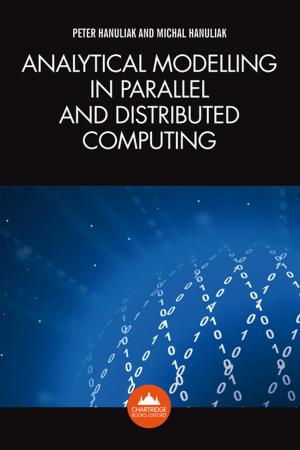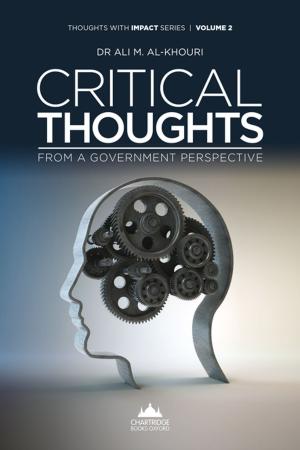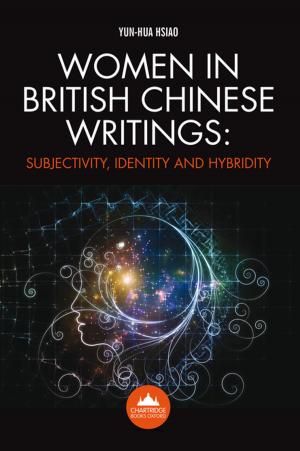A Bayesian Theory of Games
Iterative conjectures and determination of equilibrium
Nonfiction, Science & Nature, Mathematics, Game Theory| Author: | Jimmy Teng | ISBN: | 9781909287785 |
| Publisher: | Chartridge Books Oxford | Publication: | October 1, 2013 |
| Imprint: | Chartridge Books Oxford | Language: | English |
| Author: | Jimmy Teng |
| ISBN: | 9781909287785 |
| Publisher: | Chartridge Books Oxford |
| Publication: | October 1, 2013 |
| Imprint: | Chartridge Books Oxford |
| Language: | English |
A Bayesian Theory of Games introduces a new game theoretic equilibrium concept: Bayesian equilibrium by iterative conjectures (BEIC). The new equilibrium concept achieves consistencies in results among different types of games that current games theory at times fails to. BEIC requires players to make predictions on the strategies of other players starting from first order uninformative predictive distribution functions (or conjectures) and keep updating with Bayesian statistical decision theoretic and game theoretic reasoning until a convergence of conjectures is achieved. In a BEIC, conjectures are consistent with the equilibrium or equilibriums they supported and so rationality is achieved for actions, strategies and beliefs and (statistical) decision rule. Given its ability to typically select only a unique equilibrium in games, the BEIC approach is capable of analyzing a larger set of games than current games theory, including games with noisy inaccurate observations and games with multiple sided incomplete information games
A Bayesian Theory of Games introduces a new game theoretic equilibrium concept: Bayesian equilibrium by iterative conjectures (BEIC). The new equilibrium concept achieves consistencies in results among different types of games that current games theory at times fails to. BEIC requires players to make predictions on the strategies of other players starting from first order uninformative predictive distribution functions (or conjectures) and keep updating with Bayesian statistical decision theoretic and game theoretic reasoning until a convergence of conjectures is achieved. In a BEIC, conjectures are consistent with the equilibrium or equilibriums they supported and so rationality is achieved for actions, strategies and beliefs and (statistical) decision rule. Given its ability to typically select only a unique equilibrium in games, the BEIC approach is capable of analyzing a larger set of games than current games theory, including games with noisy inaccurate observations and games with multiple sided incomplete information games















